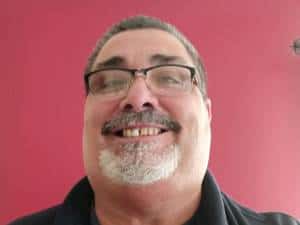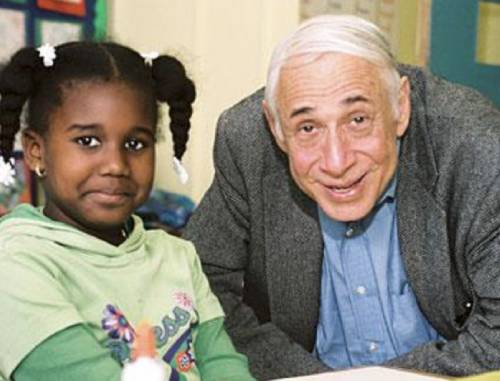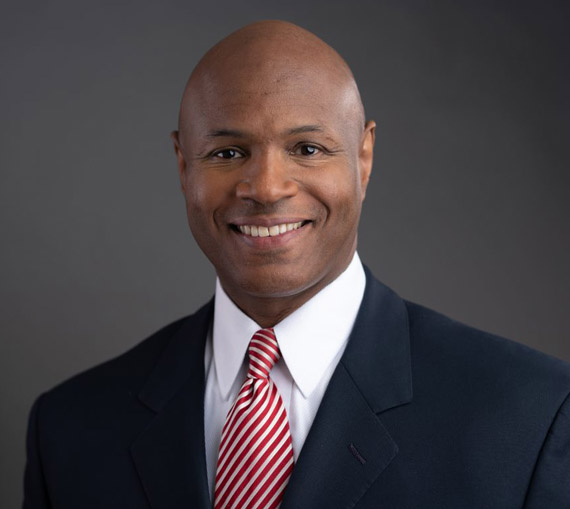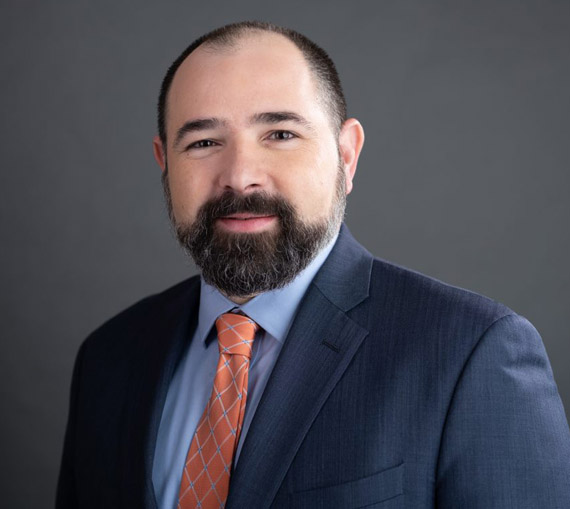David Bobbit
 “Don’t wait for good things to happen to you. If you go out and make some good things happen, you will fill the world with hope, you will fill yourself with hope.” Barack Obama
“Don’t wait for good things to happen to you. If you go out and make some good things happen, you will fill the world with hope, you will fill yourself with hope.” Barack Obama
There’s a lot about his job that David Bobbit loves, but three things stand out. “I love the work itself, I love cleaning,” he said. “I love how everyone at Fedcap and at work always treats you with respect and fairness, and I love the staff.”
David, who was born and raised in Brooklyn, has come a long way. Prior to joining Fedcap a little over 10 years ago, he was at a low point in his life. He had experienced personal tragedies and became depressed. Working for minimum wage at a small cleaning company, David worried about his future direction and how he would be able to support his daughter. His counselor from Adult Career and Continuing Education Services-Vocational Rehabilitation (ACCES-VR) suggested that he apply for a job at Fedcap, saying it could provide him with the sense of purpose and independence he was seeking. David knew a little about Fedcap. His brother worked there—and still does.
David always enjoyed cleaning—he had “a thing for it”, he said. He loved making people happy by doing a good job. He also saw that working for Fedcap would help him provide for his daughter and become more independent. He applied for a job as a custodian and was hired.
David met David nine years ago, well before David’s move to 130 Livingston Street NYC MTA Headquarters 130 Livingston Street Plaza. He pegged David as a future leader because David always took the initiative in going above and beyond the work at hand, always took ownership of the job and never stopped trying to grow and improve. “If he had a question he always called me and asked for advice,” David said. “He always wanted to do more than what was required.”
David was an excellent worker from the get-go—upbeat, friendly and hardworking—and over time showed remarkable personal and professional growth. His skill in all facets of cleaning were evident early on and he perfected them over time. He greatly improved his social and communication skills, and became much more outgoing. Now he is a favorite among clients and staff alike.
“My staff and I consider David to be family at the Simlab,” said Anthony James, Senior Director, Operations Training, Train Simulator Lab. “His diligence and unwavering attention to detail leave us assured and pleased, knowing he will get the job done without fail.”
Adds Heather Gupton, Manager, Department of Security, NYC MTA: “Mr. Bobbit is gracious and performs his duties with a smile. He is also very personal. He greets each employee and always takes a few minutes out of his schedule to ask how everyone is doing.”
David consistently developed close working relationships with his co-workers and in the process mastered an entirely new skill–training new employees. Taking on this new responsibility over and above his job description, David has trained close to 100 new workers, teaching them best practices for buffing, stripping and waxing, how to clean restrooms, and how to work around
people and save cleaning the busiest areas for last.
As a committed and expert trainer, David learned over time that everyone has areas in which they are skilled as well as areas where they need to improve. Someone may be great at cleaning corners, for example, but need improvement in buffing. David believes that every moment on the job offers a new opportunity for learning. He tells new employees to always work smart, to do the right thing even when no one is looking, to be effective in time management and to be professional at all times.
“David is very reliable and very resourceful,” said John Savelli, Facility Manager at NYC MTA Headquarters 130 Livingston Street Plaza. ”He looks forward to coming into work and puts 110 percent into his job. “He is very outgoing and kind, and always willing to help out. It’s a real pleasure to work with him.”
Adds Andy Garcia, Supervisor for Fedcap at 130 Livingston Plaza: “David always has a positive attitude, is always neat and clean and is always willing to do whatever you ask of him. He’s a smart guy, very punctual, and his work quality is consistently excellent.”
David is always open to suggestions from his supervisors. He is always ready to work with them and to learn a different technique. He has always had good relationships with customers—as a result, whenever an issue comes up they communicate easily about it and resolve it in short order. How has David become such a good team leader and trainer, and a shining example of excellence and commitment on the job?
“I always try to be honest with people and encourage them to get the job right,” he said. “I tell them never to cut corners, to leave no stone unturned and to work hard but work smart.”








